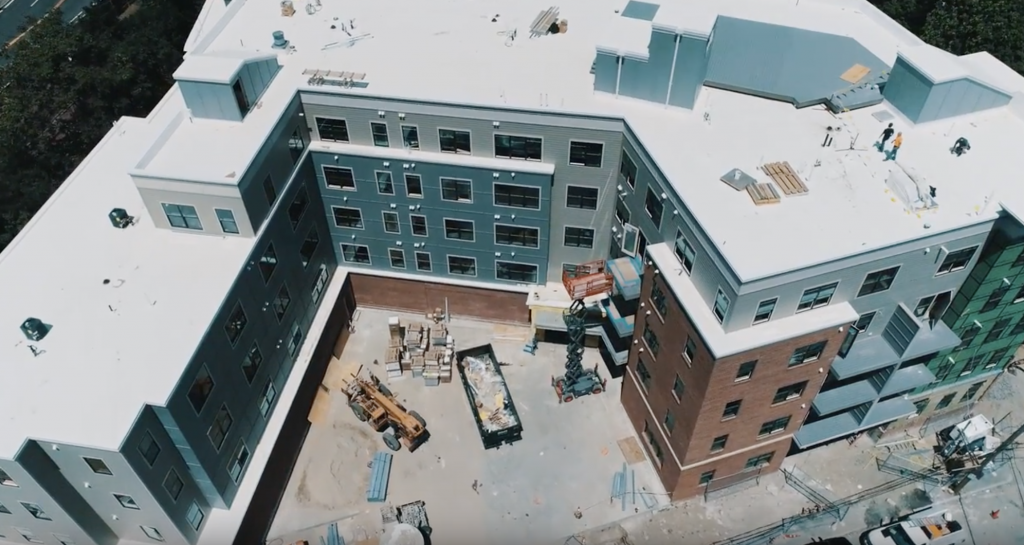5 Tips to Choosing Windows for Your New Boston Development
Windows are a big and complicated part of development projects — especially with things like building codes specifying energy efficiency requirements. If you’re wondering how to go about choosing new windows for your Boston development, one of the biggest things to remember is that you’ll want to work with the right supplier, one who can help you streamline the process. Read on for an in-depth look at some of the other considerations you’ll need to consider.
Think About the Building’s History
Many projects in Boston are retrofits or remodels of historical buildings, which means that in order to choose the right windows, you’ll need to think about historical accuracy. Aesthetics are one reason why period-accurate windows are a must — an older building with ultra-modern windows just won’t have a cohesive look. Additionally, in some neighborhoods in Boston, the history is what drives property values up. Keep historic buildings period-appropriate in order to maintain their resale value.
What About Energy Code Compliance?
Another thing you’ll need to think about is energy code. Check with local and state agencies before completing a window project to make sure that you are using windows that meet current standards. Right now, the International Energy Conservation Code specifies that in Massachusetts, new window installations must have a U-factor of 0.35. Keep in mind that ratings may vary based on the municipality.
Choose a Supplier with the Right Capability
In many instances, particularly for retrofits, special conditions will need to be met in order to properly install the windows. Sometimes you’ll need to avoid anchoring windows through flashing and other times, there will be other special design considerations to take into account. For larger projects, some window assembly is often done on-site, but on-site production can lead to a lack of precision. If you’d prefer to have the windows fully assembled at the factory, then choose a window manufacturer that can not only do this, but who also has a design team that can help you work around your project’s unique specifications. Your project will go much smoother if with a supplier that can produce windows to suit.
Consider the Organizational Details
On large development projects, it’s the small details that count. As you search for a window supplier, be sure to ask about all of the following:
- How are windows protected during shipment?
- If there is a problem, how long will it take to hear back from a company representative?
- Are the windows labeled by the manufacturer?
- Is the correct paperwork delivered along with the windows so that onsite workers can check the delivery?
On their own, things like these seem like minor clerical details. However, if windows aren’t labeled, for example, then workers could easily misinterpret instructions and install windows improperly, which will result in delays and added costs for you.
Is Soundproofing Important?
Soundproofing is a small expense, but it’s one that many builders and remodelers choose to skip in order to keep window installation costs down. However, before you opt to skip the soundproofing, consider the area in which the project is taking place. On busy city streets, buildings that are near to railways or buildings that are close to industrial zones, soundproofed windows can add a lot of value to a development project. Apartments with less sound transmission will attract more tenants and office space with a quiet interior is more attractive to businesspeople.
There are many considerations to make during the window selection process, especially on large-scale development projects. These are the major things that will help you ensure that the selection and installation process proceeds smoothly.

